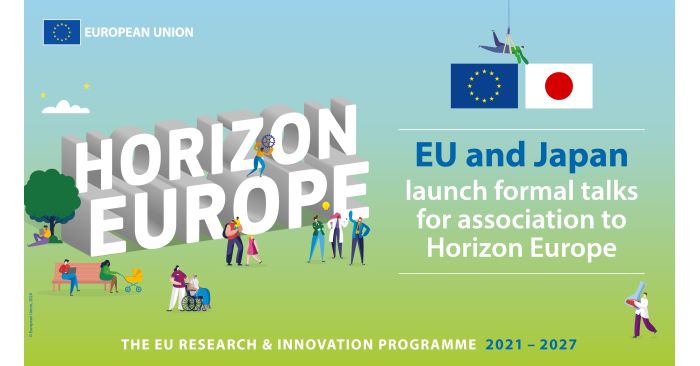
Japan and the EU: Negotiations on association with Horizon Europe

With Horizon Europe, the EU has deliberately opened its doors to partners beyond geographical proximity. Countries with strong science sectors such as Canada, New Zealand and South Korea have already successfully joined. Japan could soon follow - in a strategic partnership that is about more than research: it is about tackling global challenges together.
Solving societal problems through international cooperation
The negotiations are focusing on the second pillar of the programme, which aims to solve societal problems through international cooperation. If an agreement is reached, Japanese scientists would be able to initiate and coordinate their own projects and apply for funding. This would create a new level of cooperation with European and other international partners.
The EU sees association as a strategic tool. In an ever more interconnected but also more unstable world, it relies on global cooperation to promote scientific excellence, pool resources and develop dynamic innovation networks. Horizon Europe is the flagship programme - with 19 associated countries so far, including Canada since July. Negotiations with South Korea are nearing completion, and discussions are underway with Egypt and Switzerland.
A partnership with a long tradition
Japan and the EU have a long history of research and innovation.A bilateral agreement in 2011 laid the foundations, followed by a Joint Vision for 2015 and a Letter of Intent for 2020 focusing on global challenges. Now, the Horizon Europe association could take cooperation to a whole new level.With a budget of €93.5 billion (2021-2027), Horizon Europe is a programme open to the world.While researchers from all over the world can participate in many calls, associated countries enjoy additional benefits: they have the same access to funding as EU members and can be project leaders.
The negotiations with Japan are another chapter in a story based on strategic thinking and the joint search for answers to the pressing questions of our time. Europe and Japan are showing that research is not a national affair - it is a global commitment.
Source: EU Commission




